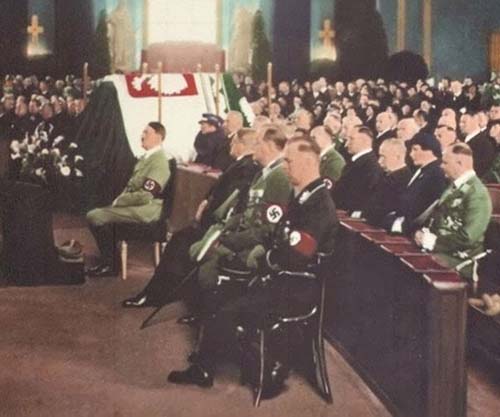Zyobot
Just a time-traveling robot stranded on Earth.
Oh don't get me wrong, I'm no friend to fascists. I was just reckoning it would be politically expedient for them, and end a lot of chaos in their ideology, if they cut ties with National Socialism.
Maybe, though I'm uncertain cutting ties with racist edgelords and genocidal swastika-wavers would be enough, anyway. And I know where you stand already (which is decently close to my own political sympathies), so I'm not worried about that.
Given what a mess globalism will leave behind, I think the general public will be very receptive of pre-20th century attitudes to the Nation State. It was always doomed.
Well... we'll see. Given the "dubious" trajectory we're on and how things have become more extreme on all sides, I hardly think we can rule backlash of some sort out. I just hope it's not as apocalyptic as Skall argues it'll be, even if something of an "Imperial" America that picks up where you Brits left off remains the most probable Great Hegemon of the West after the coming Crisis Period ends.


